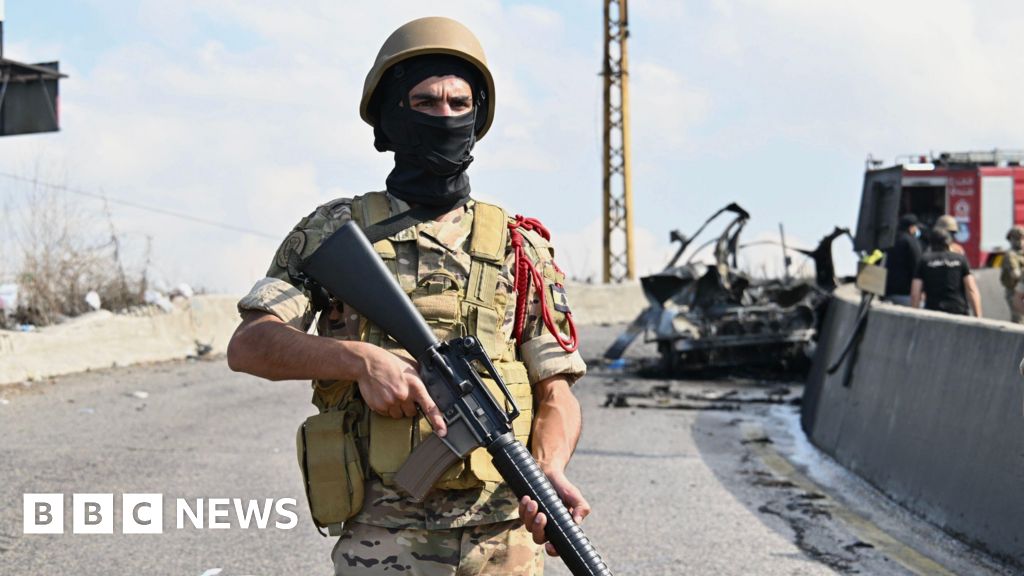On Wednesday, Israeli public broadcaster Kan published what it said was a draft agreement, written by Washington and dated Saturday, for an initial 60-day ceasefire.
Israel would withdraw its forces from Lebanon within the first week of the deal, and the Lebanese army would be deployed along the border. During the pause, Hezbollah would end its armed presence in the area.
The objective is to pave the way for the full implementation of United Nations Resolution 1701, which ended the 34-day war between Israel and Hezbollah in 2006.
The text, among other things, called for the removal of all armed groups, including Hezbollah, from the area south of the Litani River, 30km (20 miles) north of the border. Only the UN peacekeeping force known as Unifll and the Lebanese army would be allowed there.
Israel, however, distrustful that the Lebanese army and UN peacekeepers will be able to keep Hezbollah away from the border, reportedly wants to be given the right to strike the group if needed after the end of the war. This demand is likely to be rejected by the Lebanese authorities, who say there should be no changes to Resolution 1701.
When asked about the document reported by Kan, White House national security spokesperson Sean Savett said there were “many reports and drafts circulating” that “do not reflect the current state of negotiations”. He did not, however, respond to a question about whether that text was the basis for further talks.
Hezbollah, a powerful militia and political party which is armed and financially supported by Iran, faces domestic pressure for a deal, particularly from critics who say the group dragged Lebanon into a conflict which was not in the country’s interests.
Israel’s bombardments have killed most of the Hezbollah leadership, including long-time chief Hassan Nasrallah, and brought extensive destruction to areas of southern Lebanon, the eastern Bekaa Valley and Beirut’s southern suburbs, where the group holds sway.
The group started its campaign the day after the Hamas attacks on Israel on 7 October last year, and has long said its attacks will continue unless there is a ceasefire in Gaza. It is not clear whether it would be willing to change its position.

